by Muhammad Amir Siddiqque, Jakob Staubmann, Hedi Bousnina
This age of globalization needs enlightened people in each faith who can examine their sacred writings and traditions and identify the aspects that can benefit all humanity as well as those that preserve each religion’s identity. The Universal Peace Federation (UPF) and its network of Ambassadors for Peace celebrate the World Interfaith Harmony Week each year, in a way that encourages understanding, respect, and cooperation among people of all faiths for the well-being of our communities and peace in the world.
Supported by UNODC, the UPF, UNCAV, the Coalition of Faith-Based Organizations, Youth and Students for Peace, and the Women’s Federation for World Peace, an event commemorating the World Interfaith Harmony Week was organized on February 2nd, 2024, in the VIC (UN building) in Vienna. The conference, themed “Building a Peace Narrative at a Time of Global Crisis: The Contribution of Religion,” brought together notable figures with deep insights into religion from around the world.
Welcoming remarks
- Peter Haider, President of UPF Austria
1st Session
- Moderator: Dr. Afsar Rathor, former UN diplomat and president of LIOS-SOIL
- Mr. Jean-Luc Lemahieu, UNODC Director, Policy Analysis and Public Affairs
- HE Ms. Rana Abida, Chargé d’Affaires and Minister Plenipotentiary of the Hashemite Kingdom of Jordan to Austria
- Univ.-Prof. DDr. Johannes Huber, Theologian, Professor for reproductive medicine, endocrinology and interdisciplinary gynaecology and Book author
- Professor Dr. Hussain-Mohi-Ud-Din Qadari, Deputy Chairman Minhaj University, Lahore Pakistan
- Prof. Dr. Elmar Kuhn, President, Coalition of Faith-Based Organizations Central-Europe
2nd Session
- Chair: Marlies Ladstätter, IAYSP Austria
- Interreligious Peace Choir directed by Ira Lauren
- Prof. Dr. Ille Gebeshuber, Institute of Applied Physics, Tech. University Vienna
- Prof. Dr. Manjola Zaçellari, Professor of Linguistics (Multilingualism and Intercultural Dialogue), Aleksander Moisiu University of Durres, Albania
- Dr. Dieter Schmidt, Chairman, UPF Central Europe
- Ms. Elisabeth Maria Ziegler-Duregger, URI Austria, Verein “Bildung bringt Frieden”
- Dr. Joshua Sinclair, American writer, filmmaker, actor and director, medical doctor
Details
World Interfaith Harmony Week is an annual event observed during the first week of February, since the General Assembly designation in 2010. The General Assembly pointed out that mutual understanding and interreligious dialogue constitute important dimensions of a culture of peace and established World Interfaith Harmony Week as a way to promote harmony between all people regardless of their faith.
Recognizing the imperative need for dialogue among different faiths and religions to enhance mutual understanding, harmony, and cooperation among people, the General Assembly encourages all States to spread the message of interfaith harmony and goodwill in the world’s churches, mosques, synagogues, temples, and other places of worship during that week, on a voluntary basis and according to their own religious traditions or convictions.
Origin and History
World Interfaith Harmony Week (WIHW), conceived to promote a culture of peace and nonviolence, was first proposed by King Abdullah II of Jordan at the United Nations in 2010. This was quickly adopted by the UN General Assembly (resolution A/RES/65/5), declaring the first week of February each year as World Interfaith Harmony Week, calling on governments, institutions, and civil society to observe it with various programs and initiatives that would promote the aim of the WIHW objectives.
Special Note: UN Headquarters Austria Extends Prestigious Invitation to Prof. Dr. Hussain Mohi-ud-Din Qadri as Keynote Speaker and Guest of Honour for the World Interfaith Harmony Conference 2024 in Vienna
Prof. Dr. Hussain Mohi-ud-din Qadri had the honor of being invited exclusively to the United Nations as an honorable keynote guest speaker for The World Interfaith Harmony Conference 2024 held at The United Nations Headquarters in Vienna. In his speech, Prof. Dr. Hussain Mohiuddin Qadri shared a historical account from the time of the Prophet Muhammad (peace be upon him), recounting the challenges faced by early Muslims (Sahaba) under Meccan persecution. He highlighted the Prophet’s guidance, urging them to migrate to Byzantine lands ruled by a Christian king, referred to as a land of truth in the Quran.
Among the migrants were the respected Caliph Usman bin Affan (RA) and the Prophet’s daughter, emphasizing the shared experiences and pursuit of truth across different faiths and regions. Moreover, he elucidated on the nuanced connotations of the term “tolerance,” noting its subtle undertones of negativity. Instead, Dr. Hussain Mohi-ud-Din Qadri advocated for the adoption of the phrase “mutual love” to foster a more positive and harmonious environment.
Professor Dr. Hussain Mohi-ud-Din Qadri’s discourse culminated with a poignant reference to the venerable founder of Pakistan, Mohammad Ali Jinnah. In his seminal address on August 11, 1947, Jinnah unequivocally ensured the liberty of minorities in Pakistan, articulating, “You are emancipated; at liberty to visit your temples, mosques, or any other sanctuaries within the confines of the State of Pakistan.”
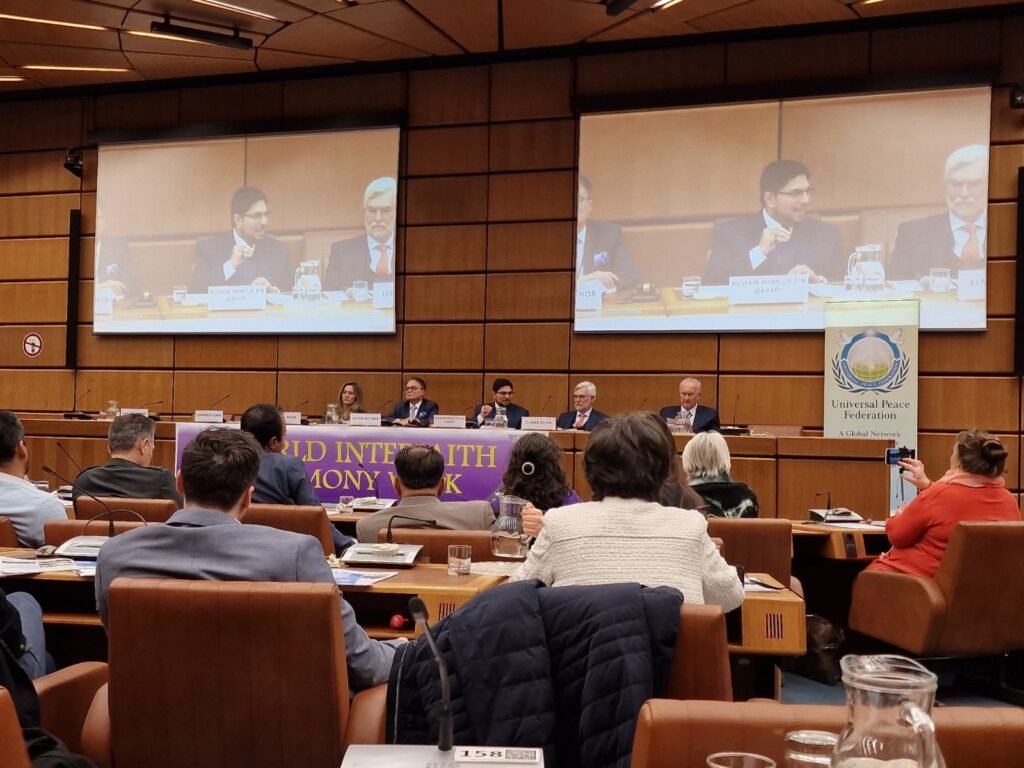

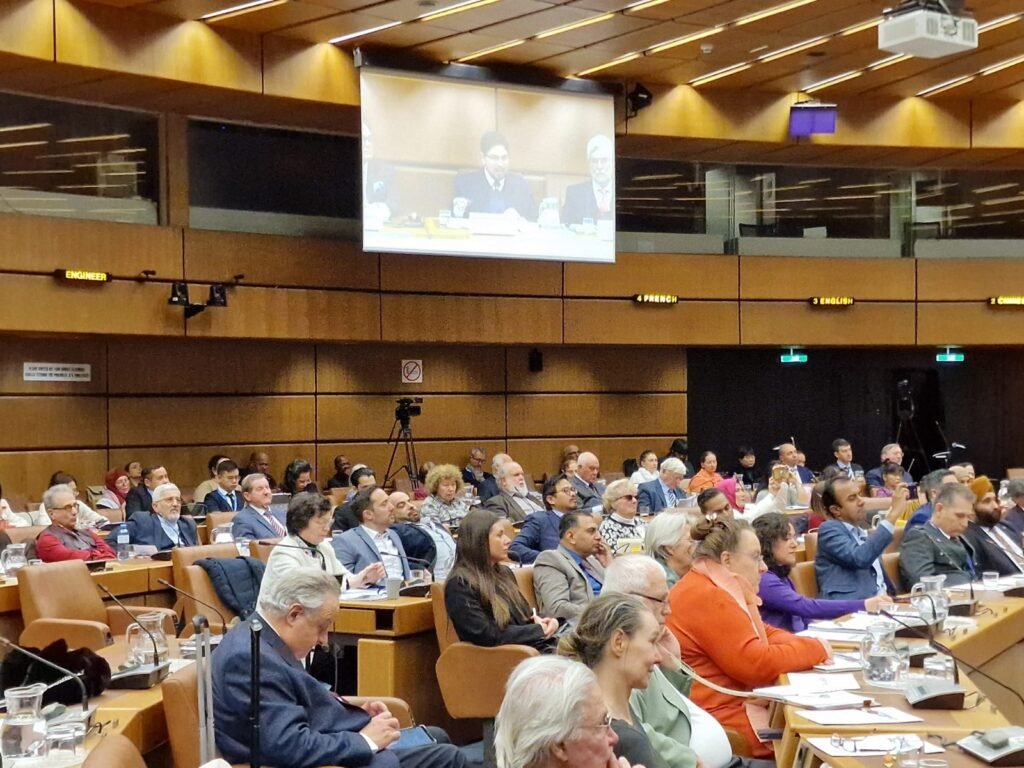

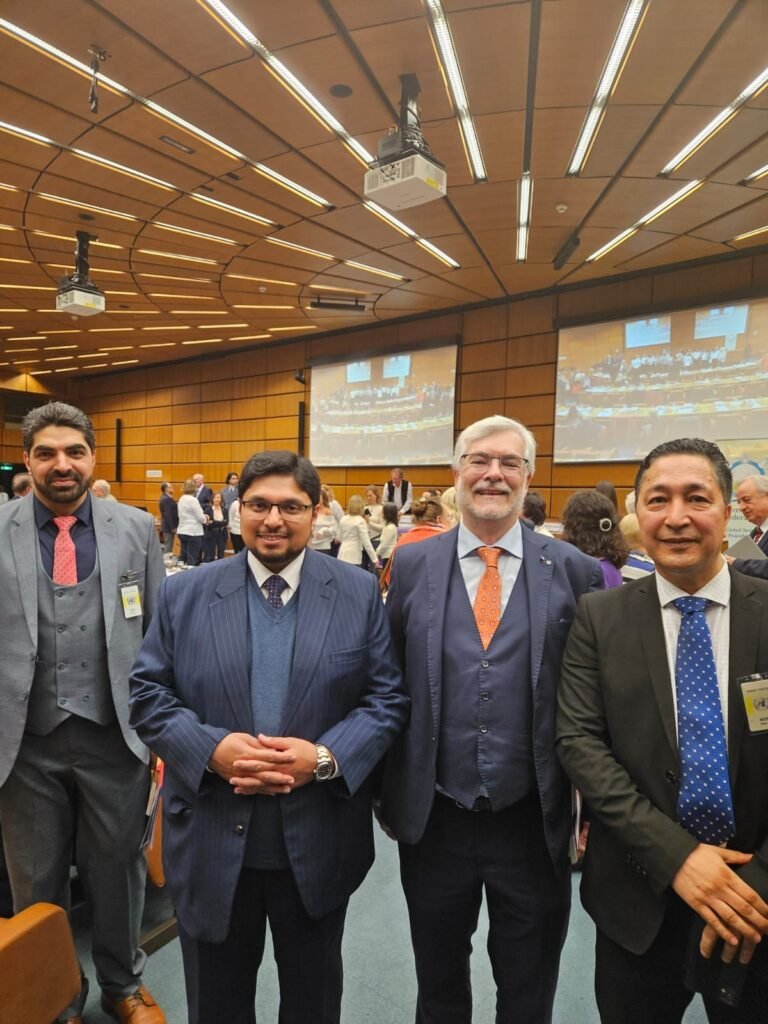
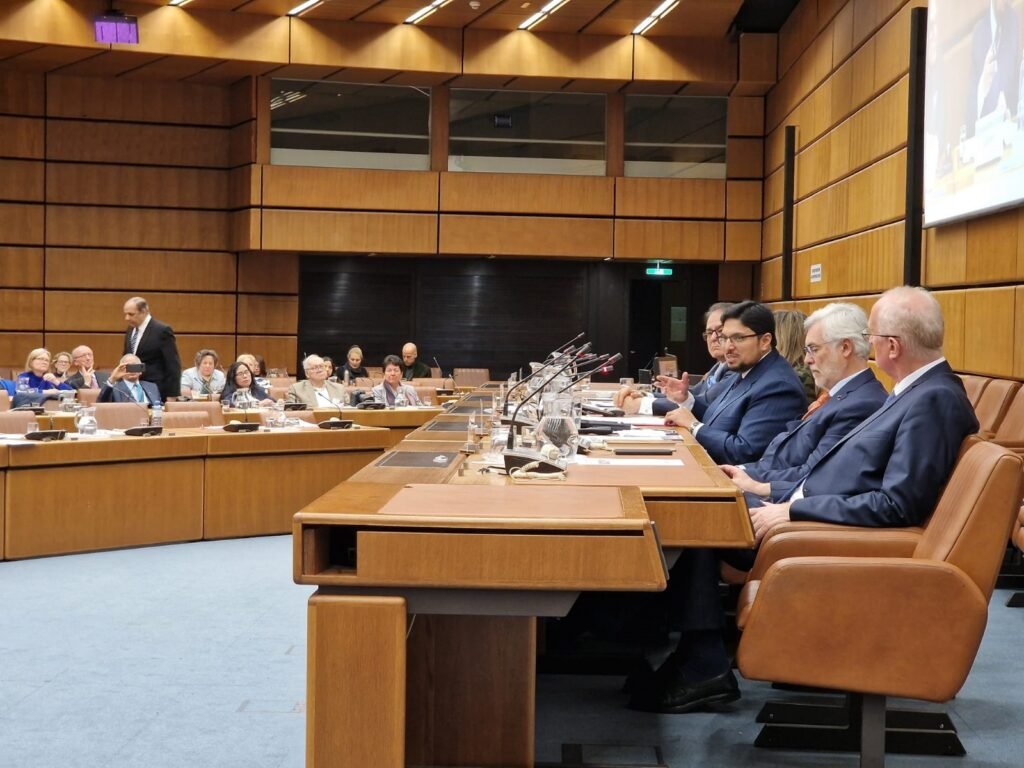

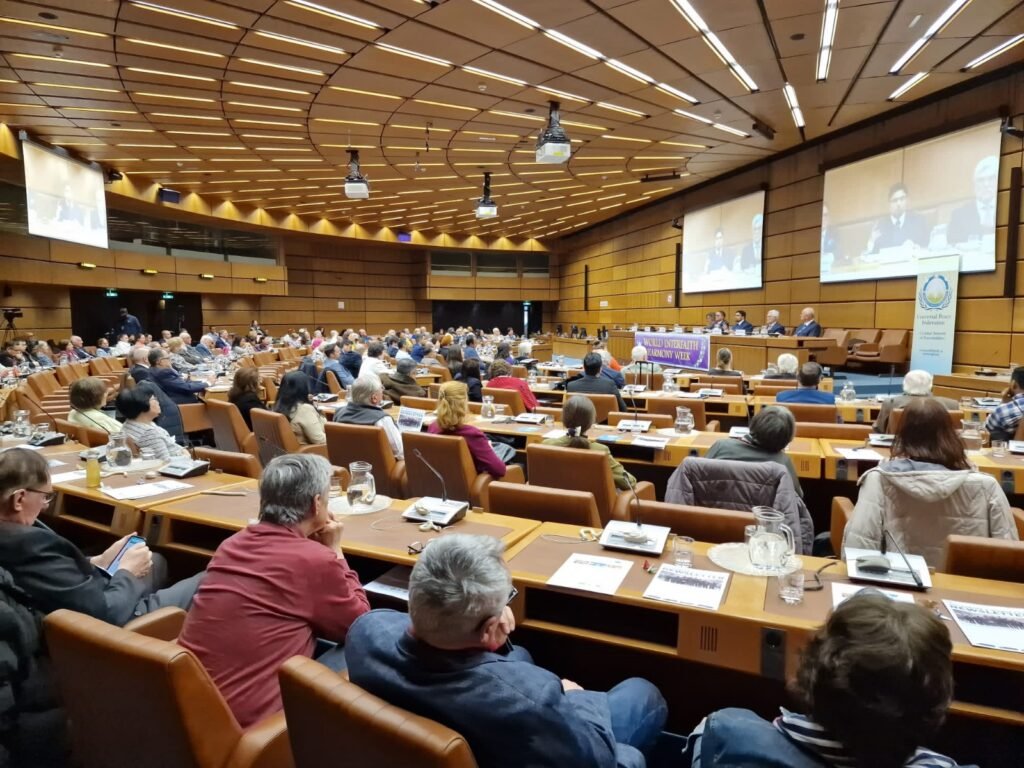
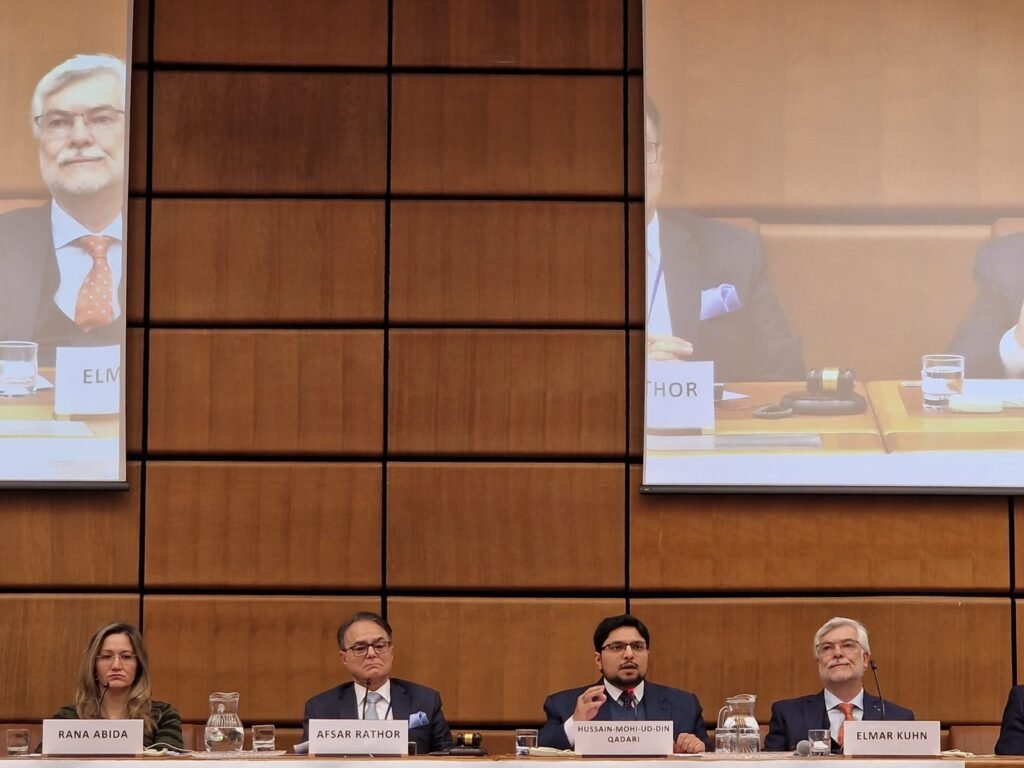
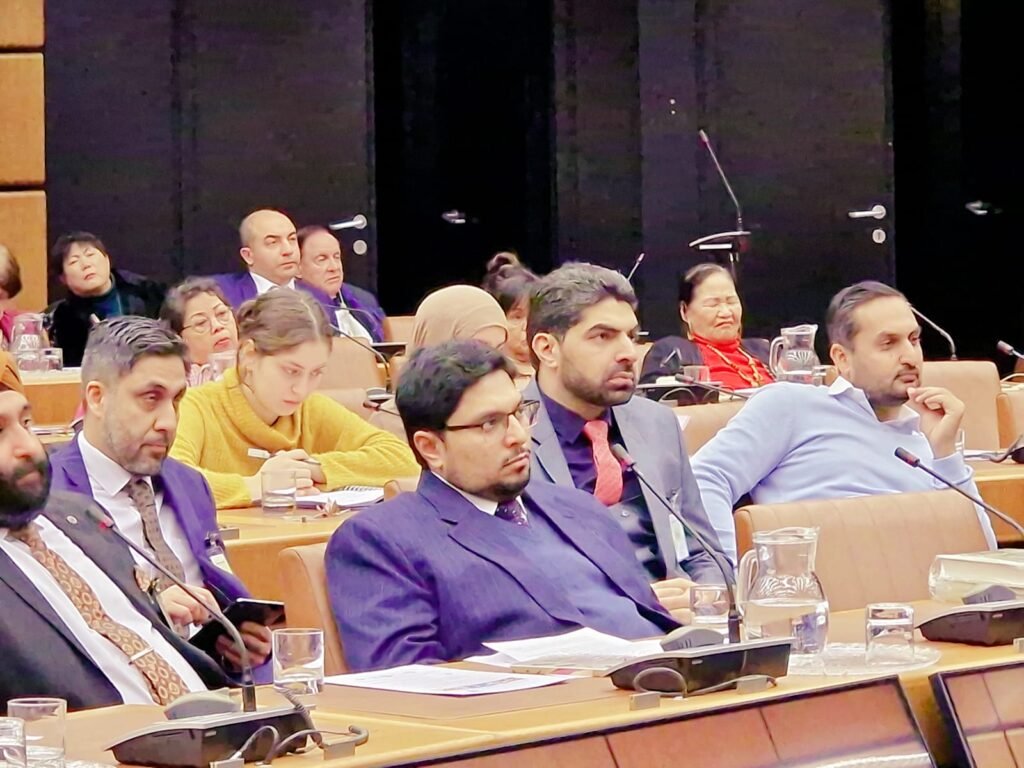

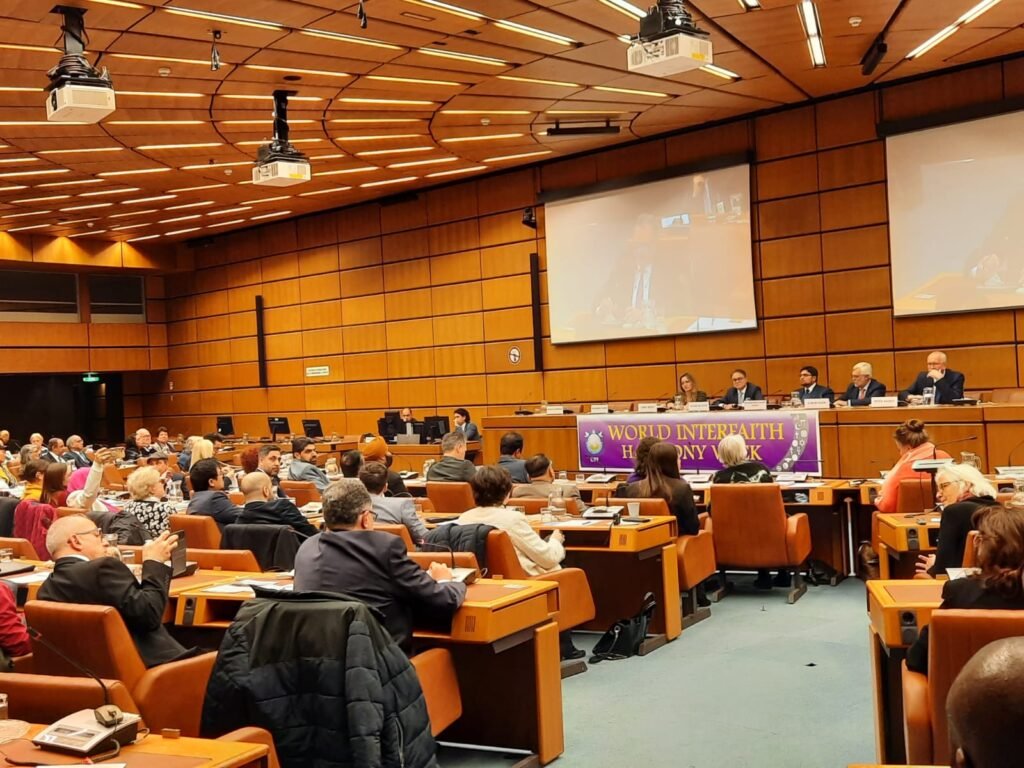
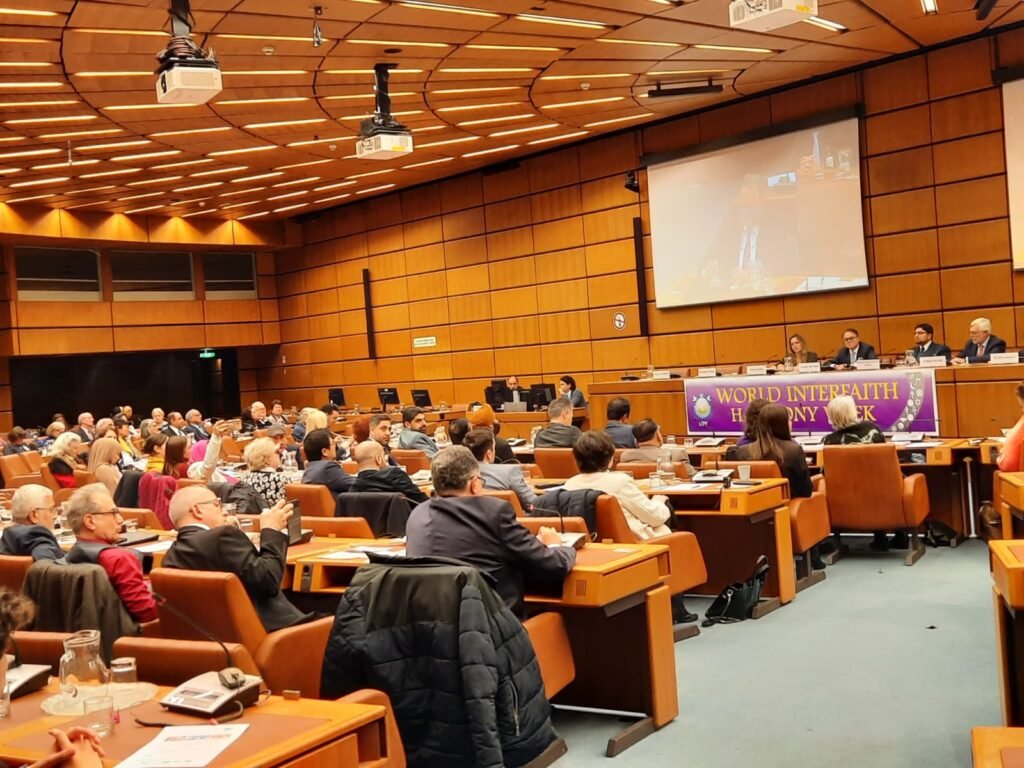
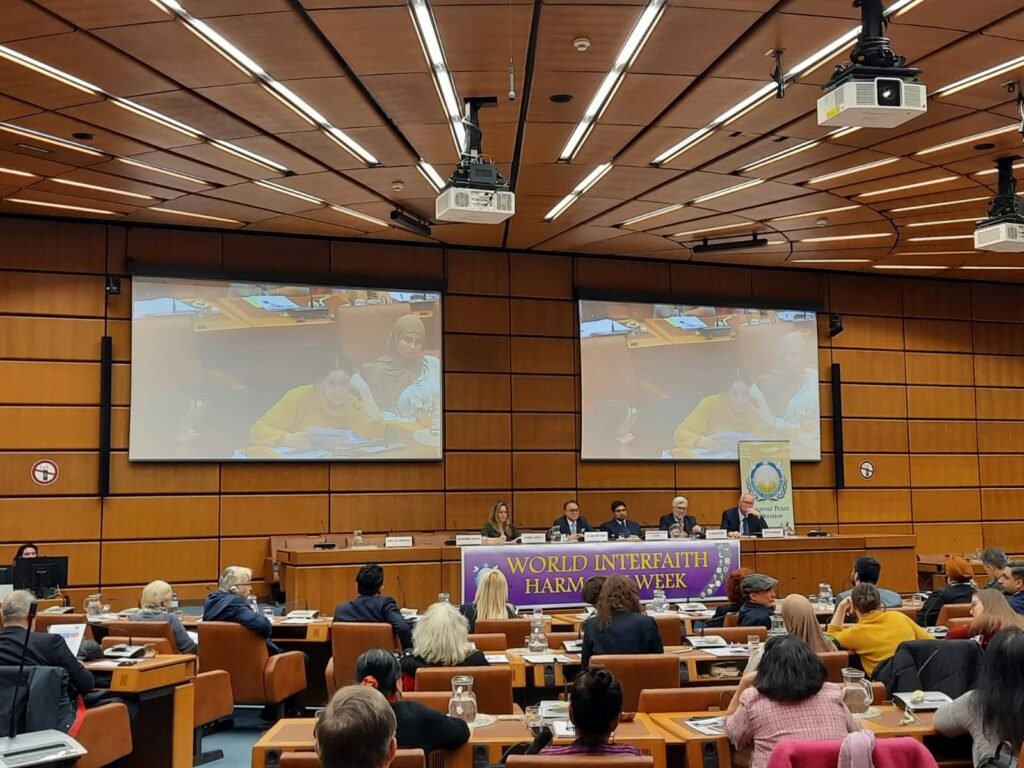
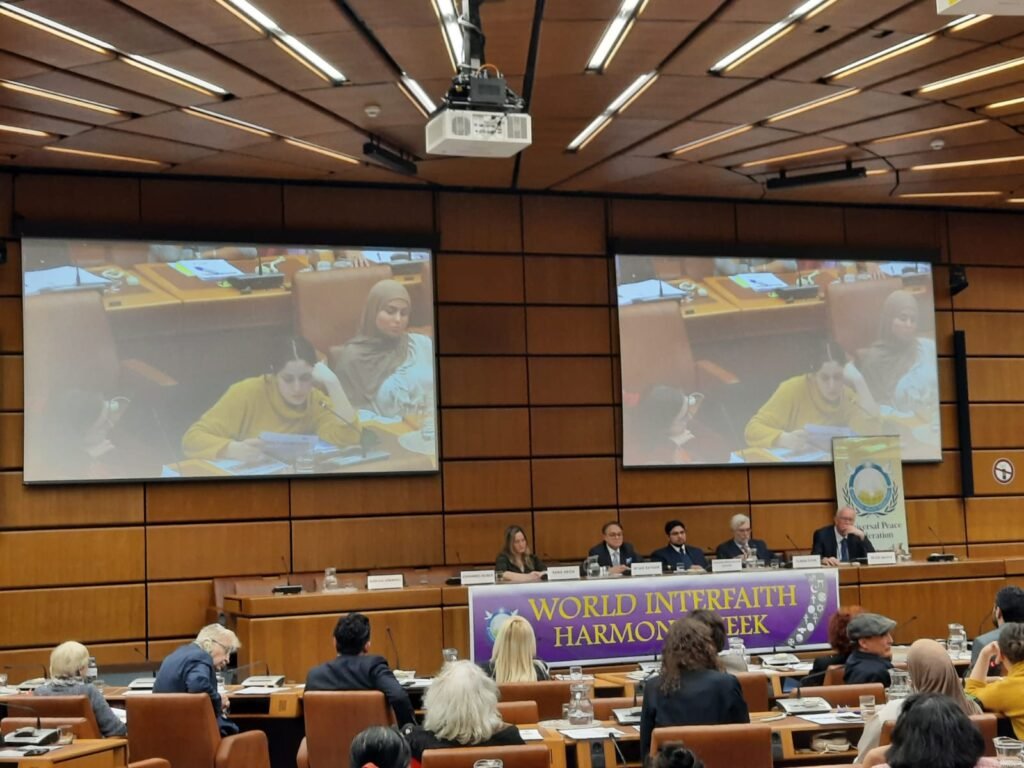

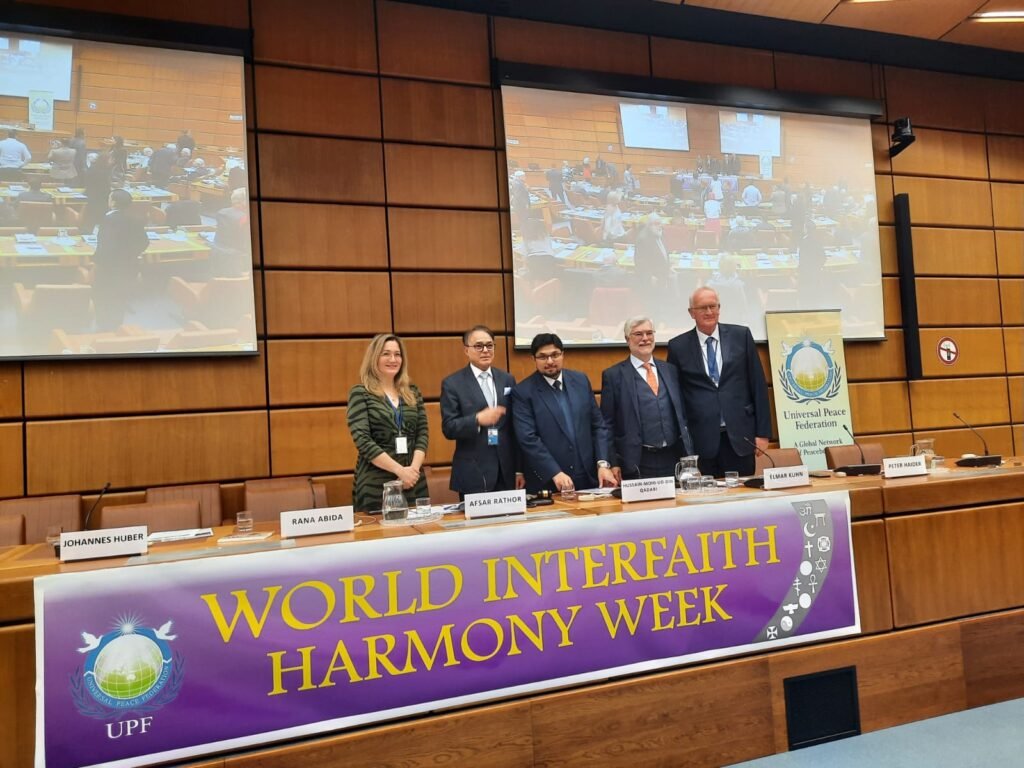




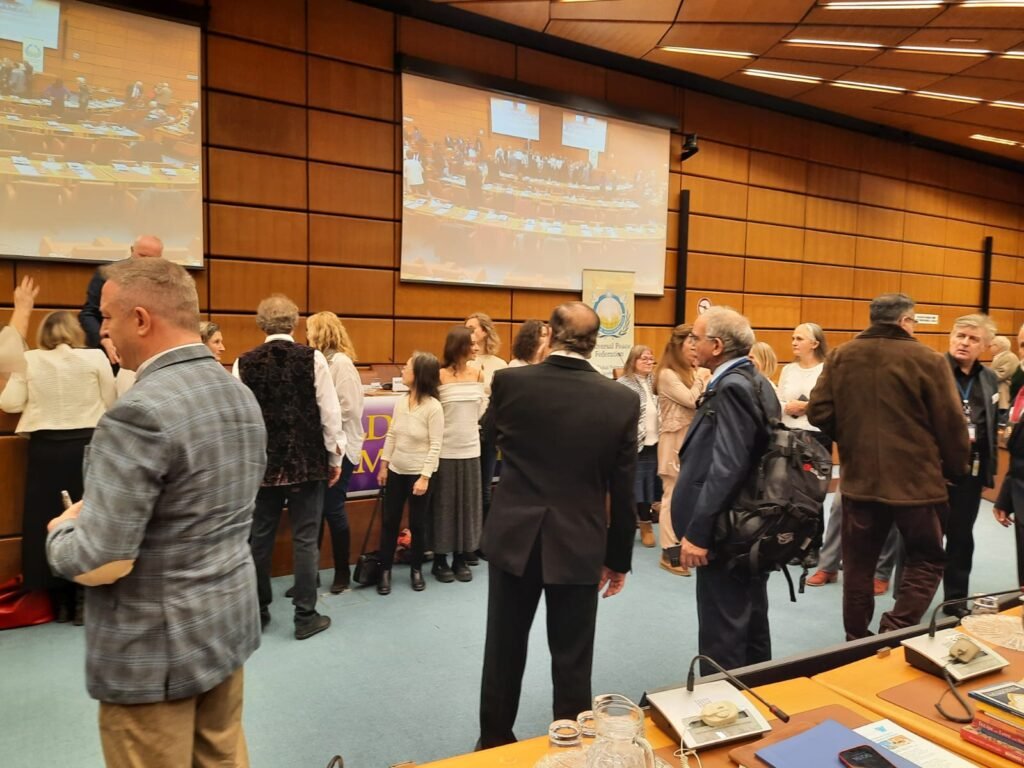

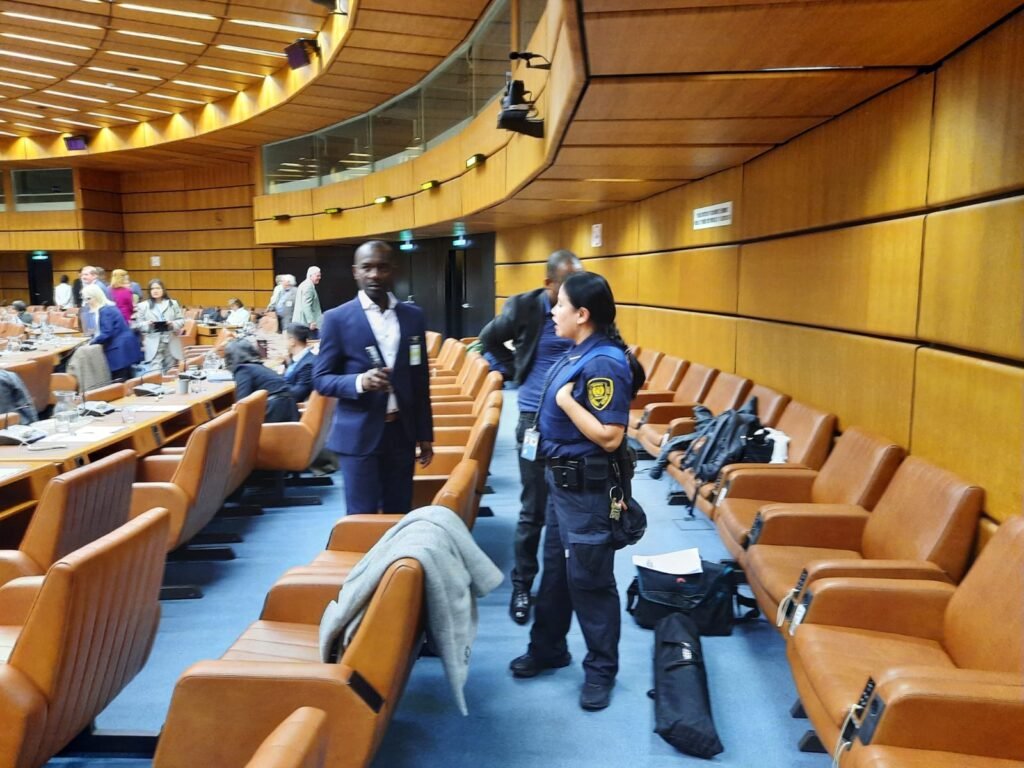






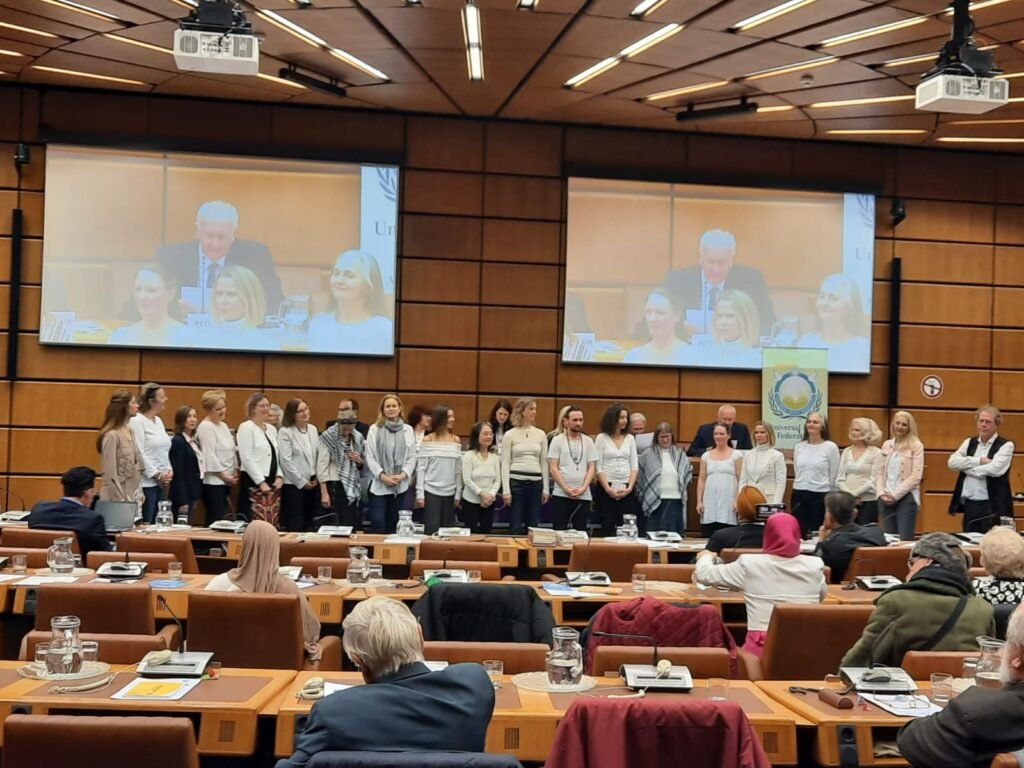
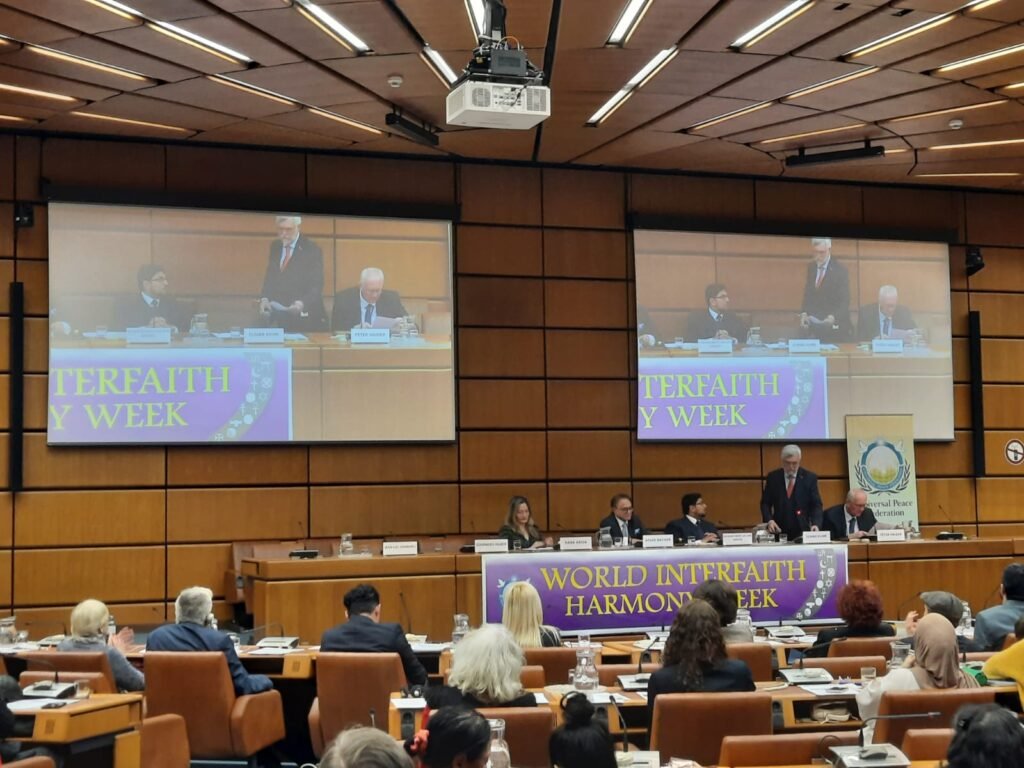
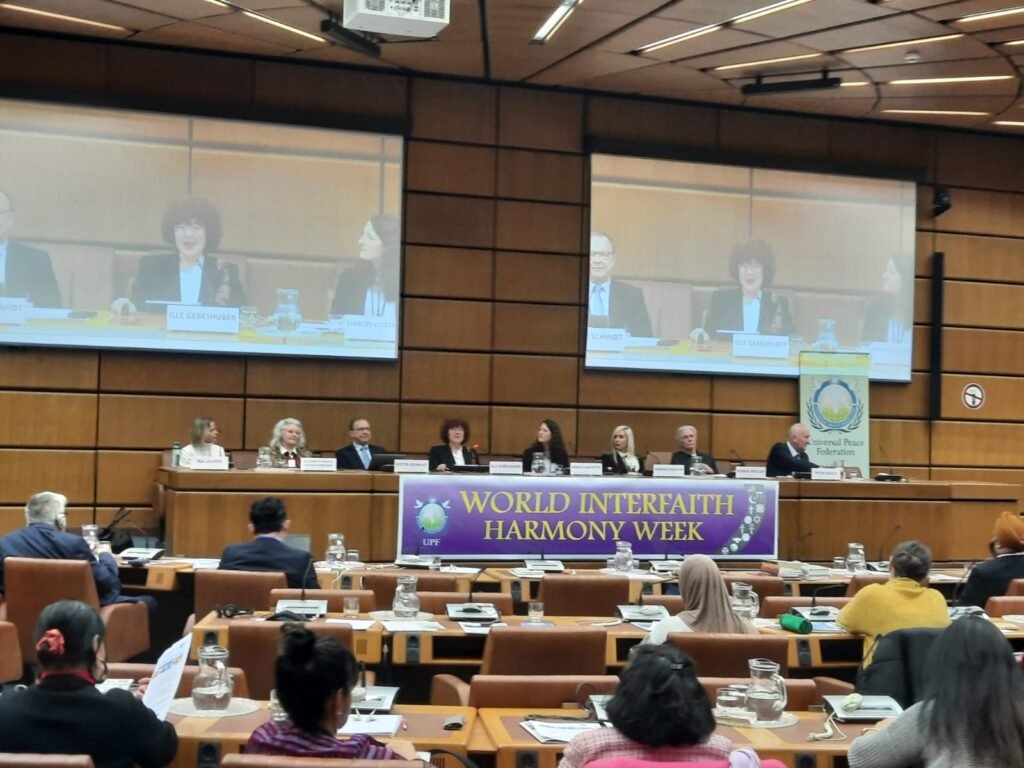

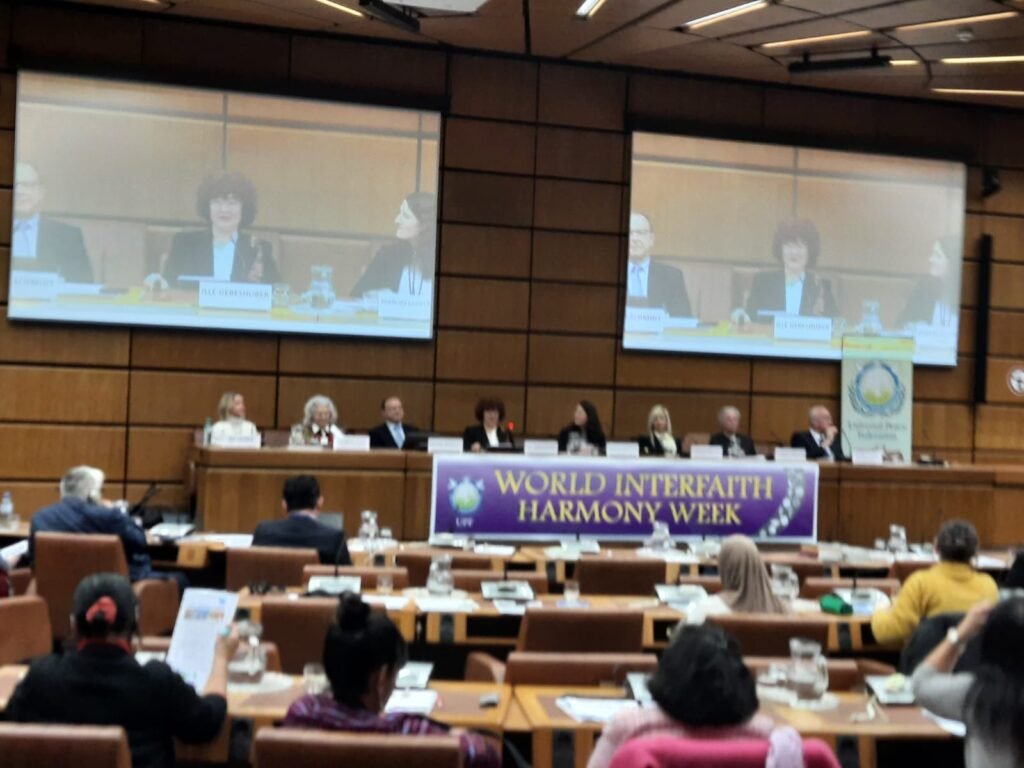
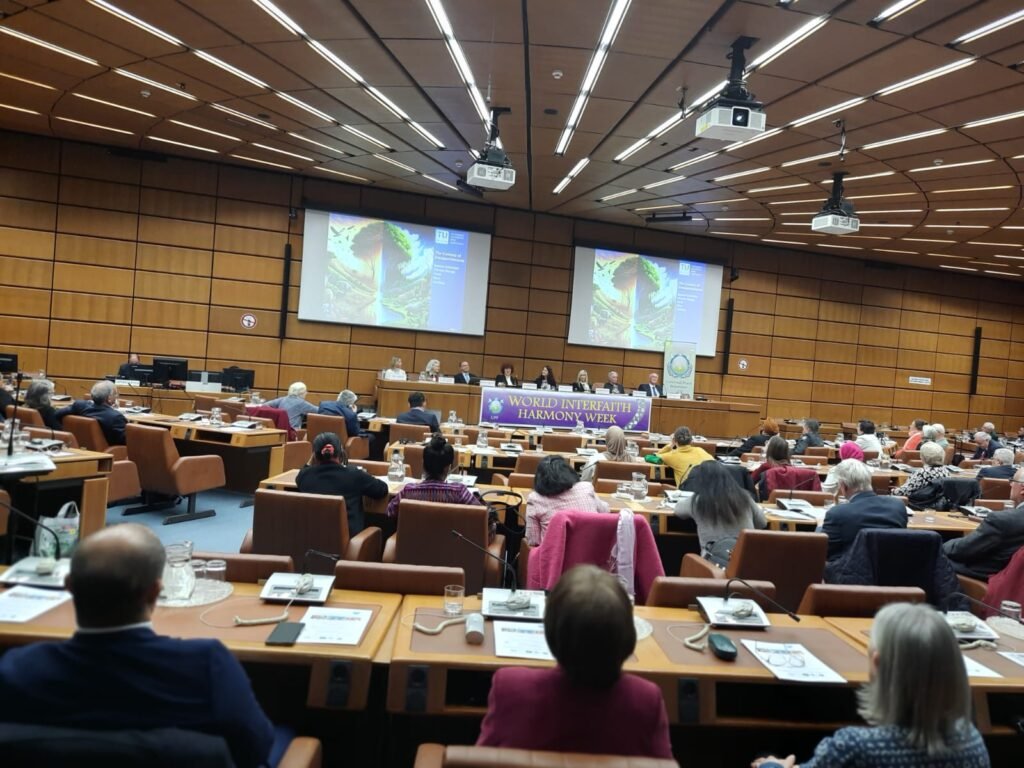
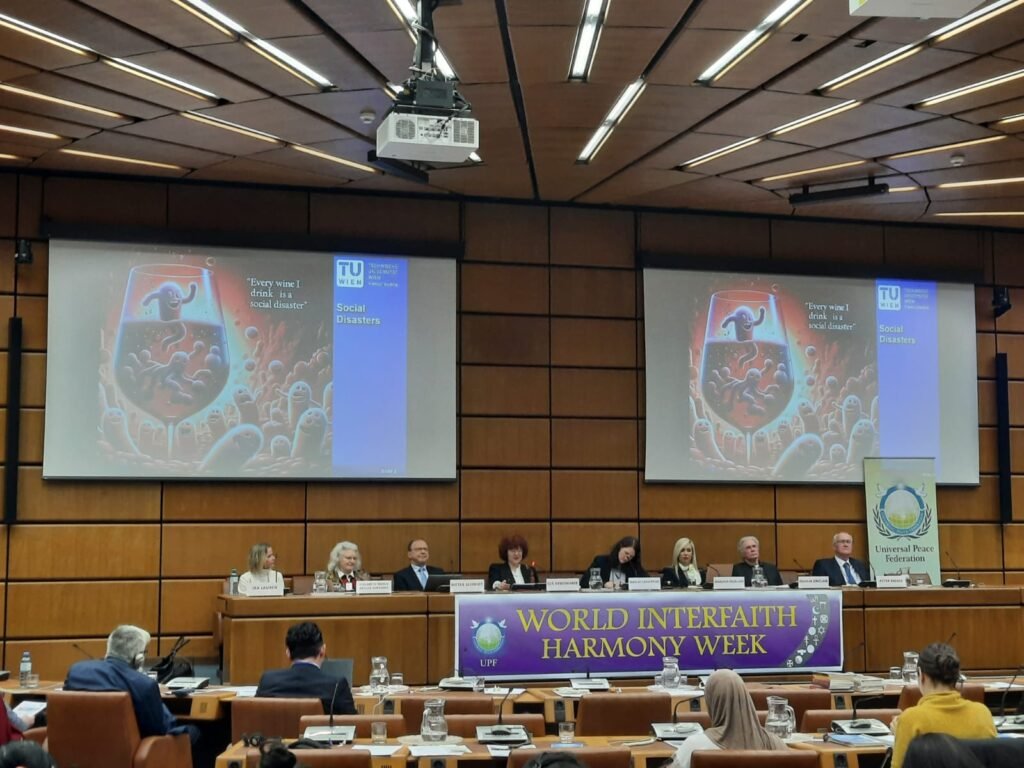
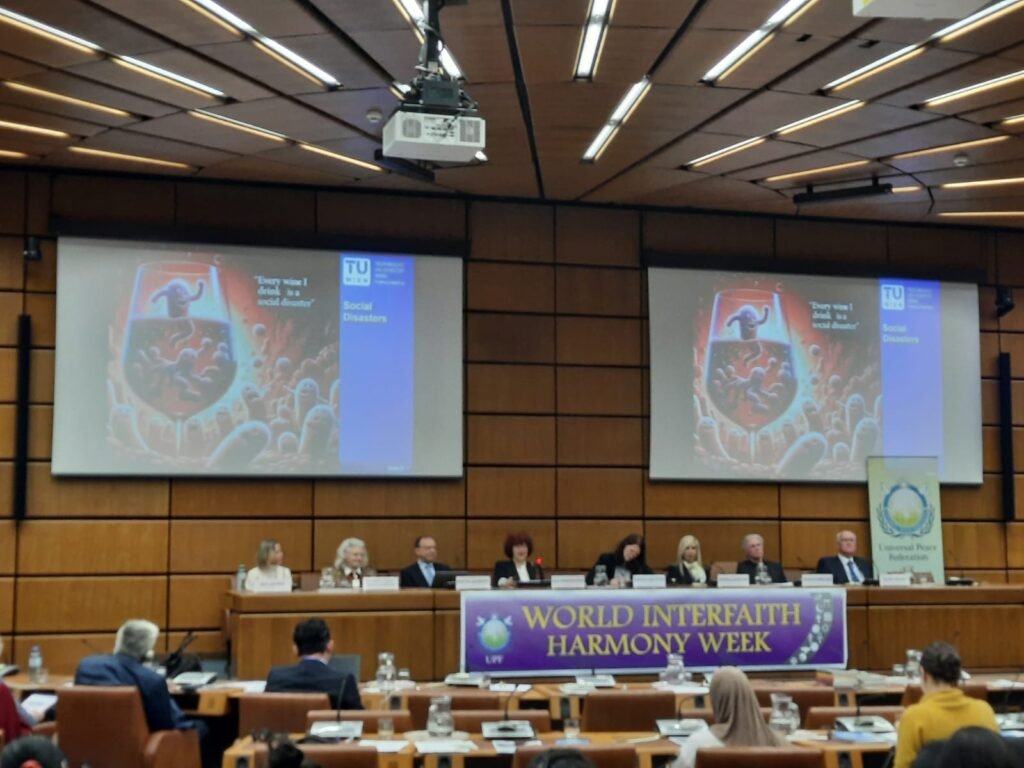
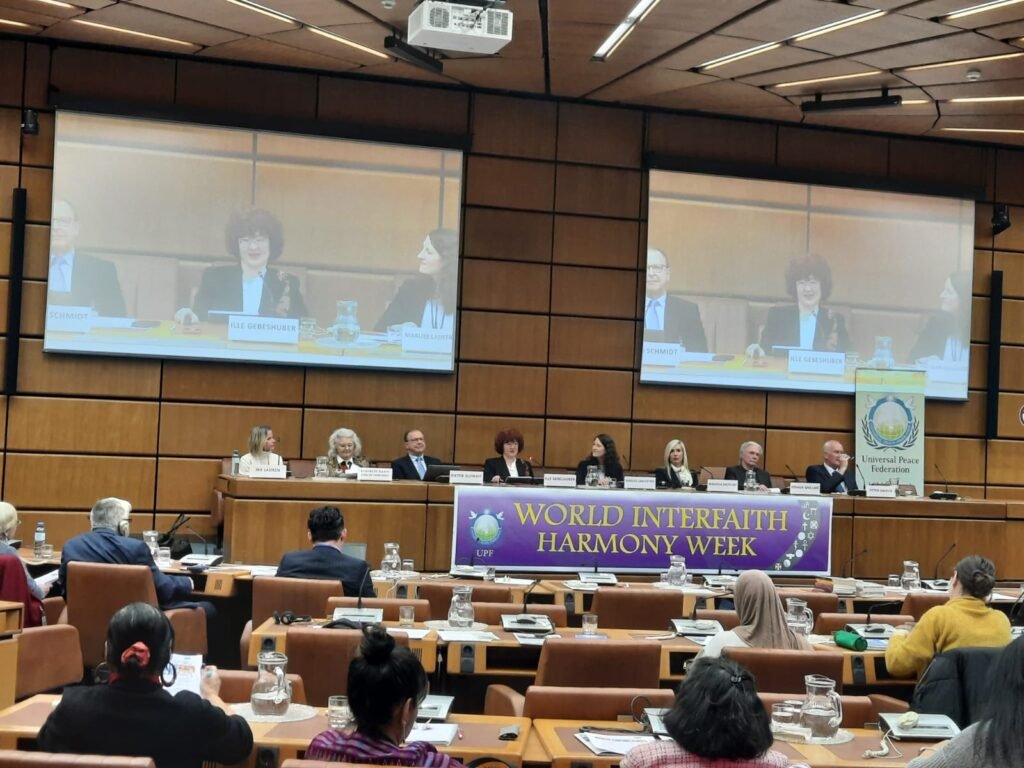



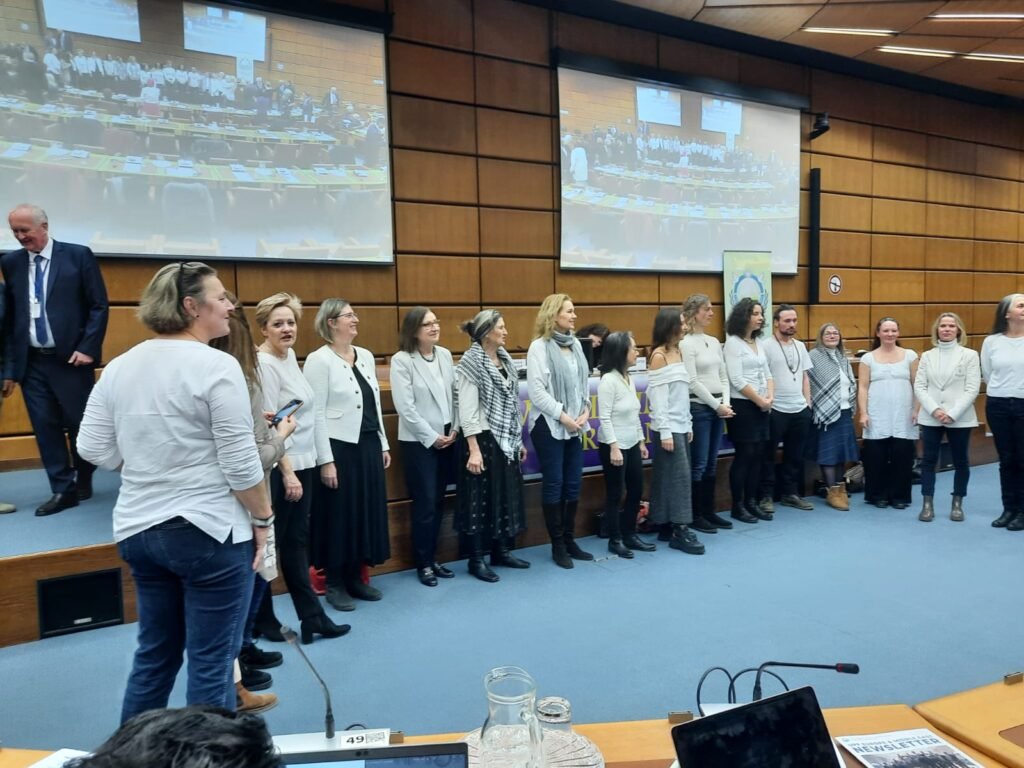

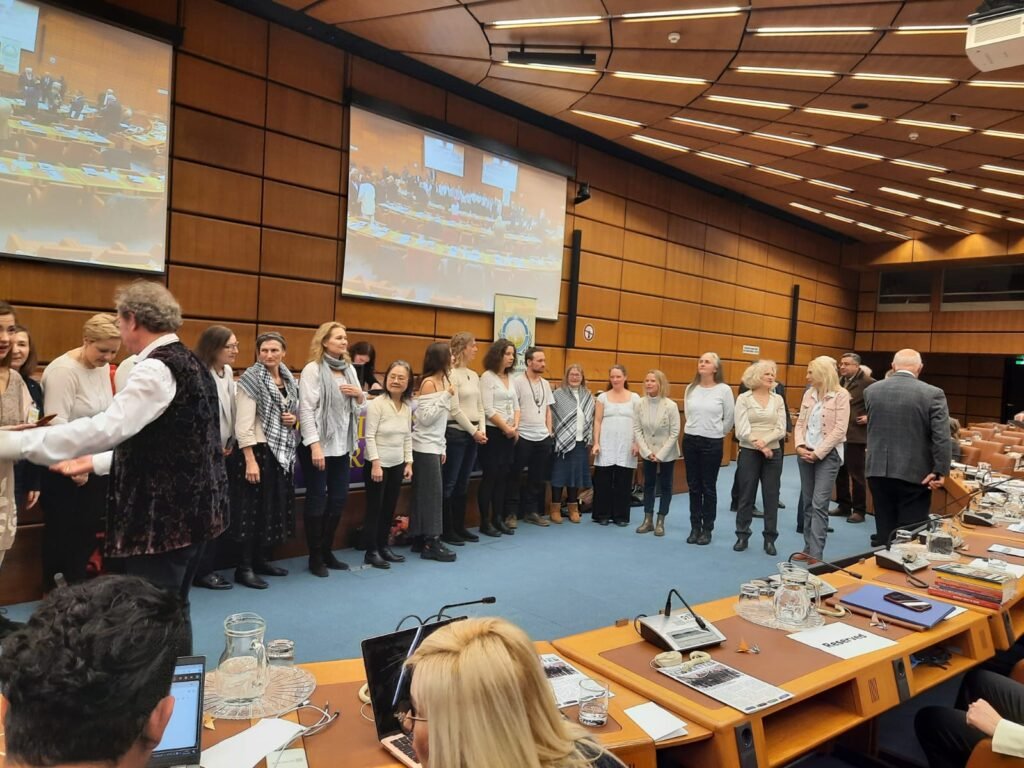



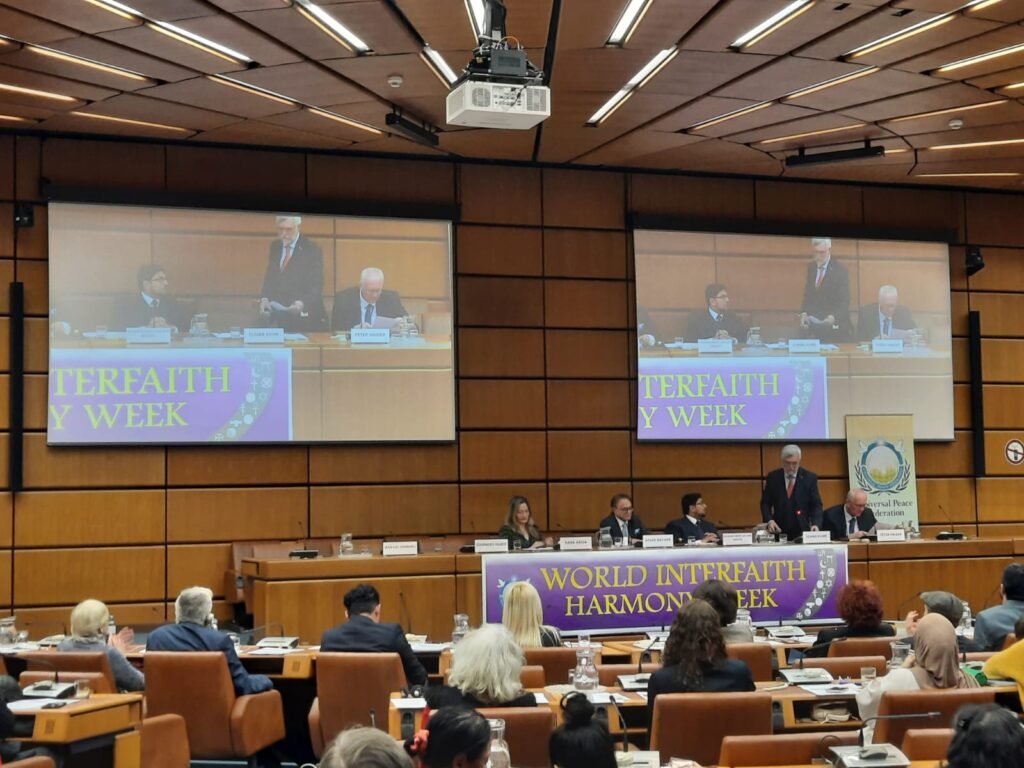





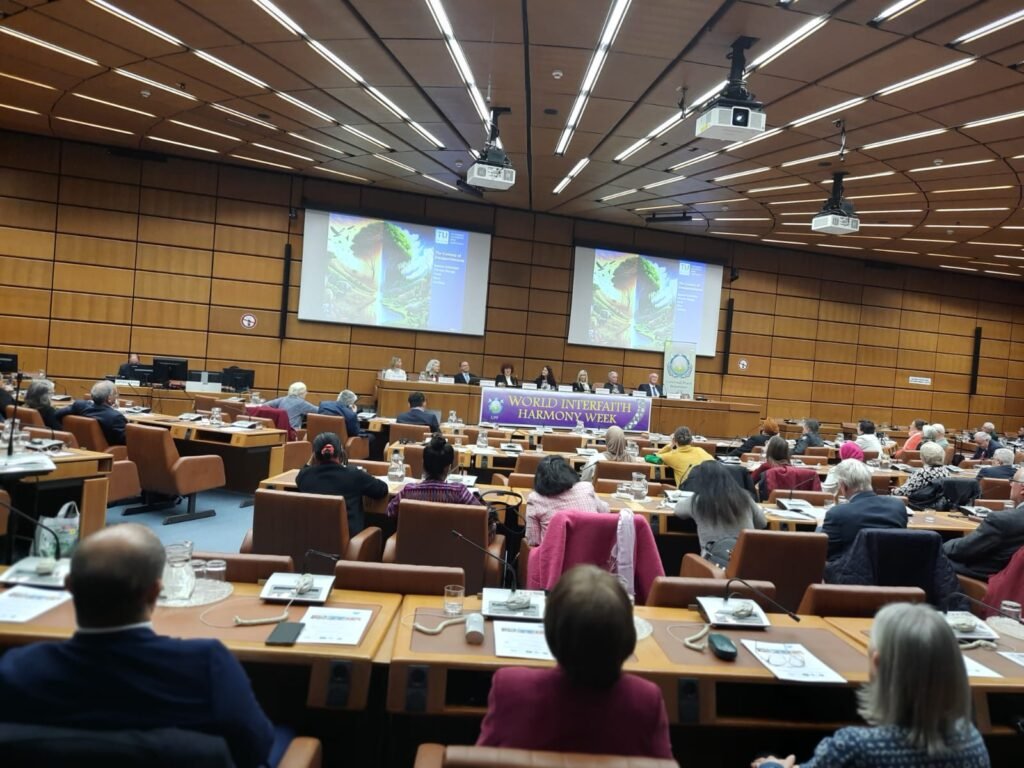

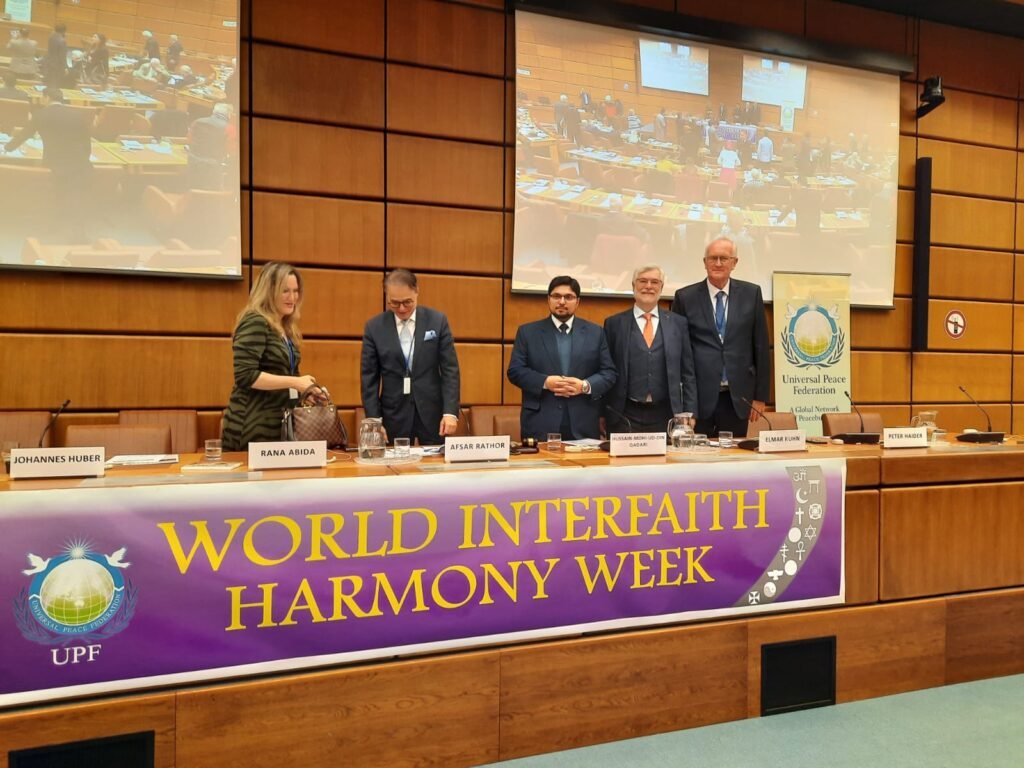
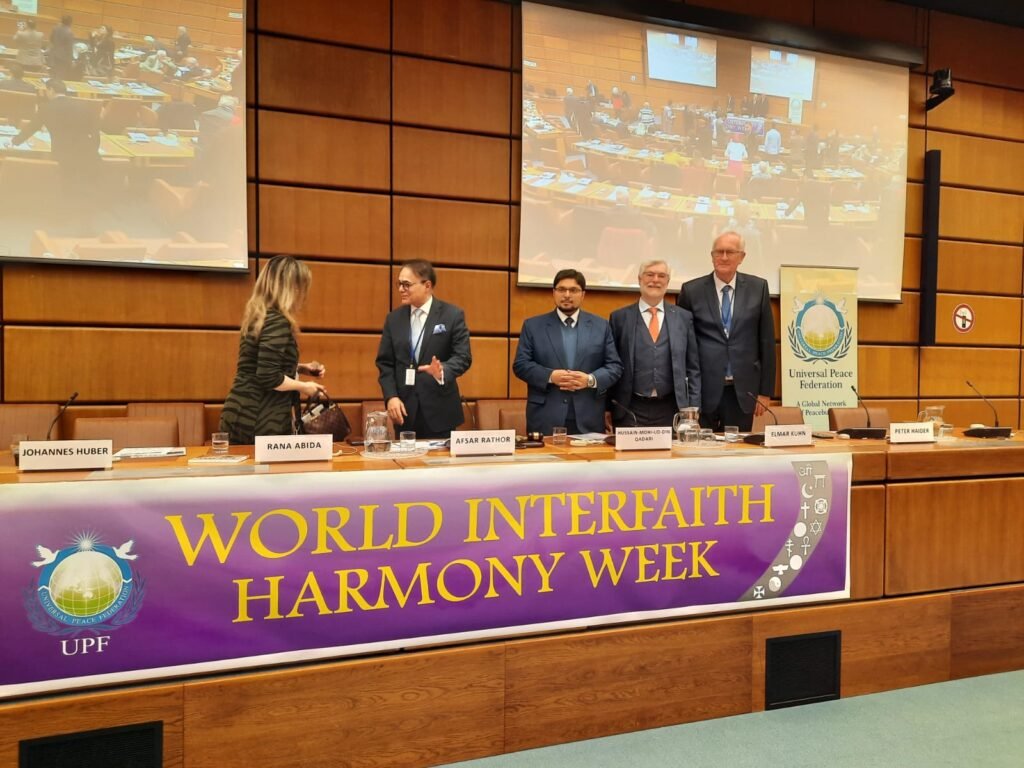
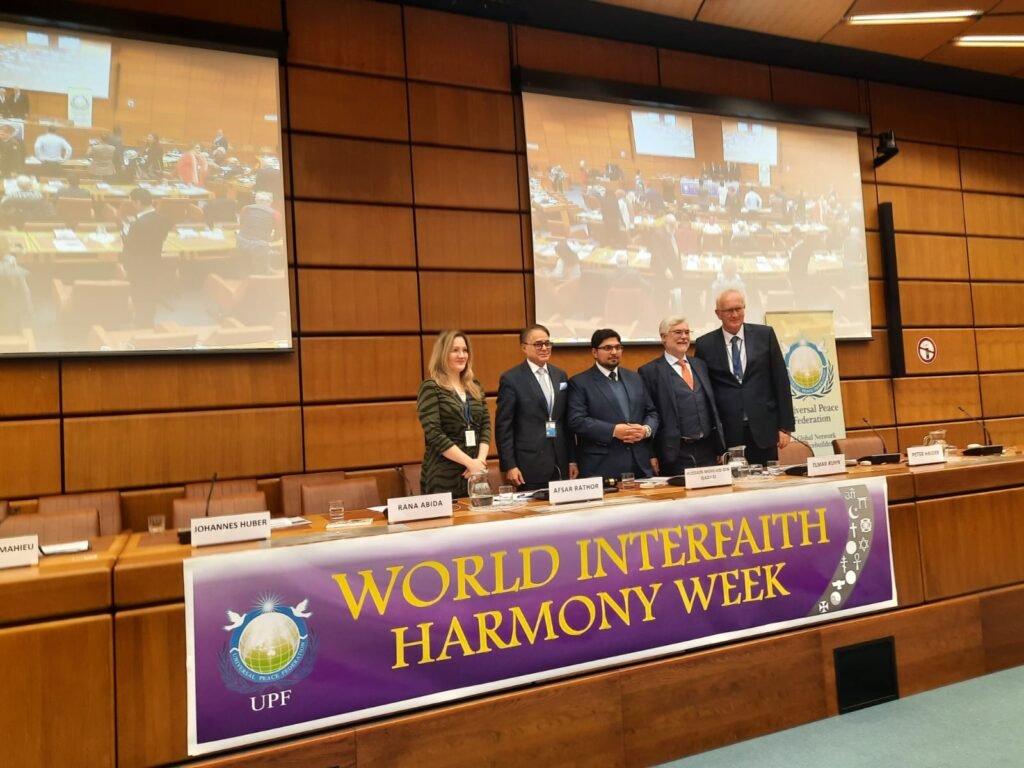

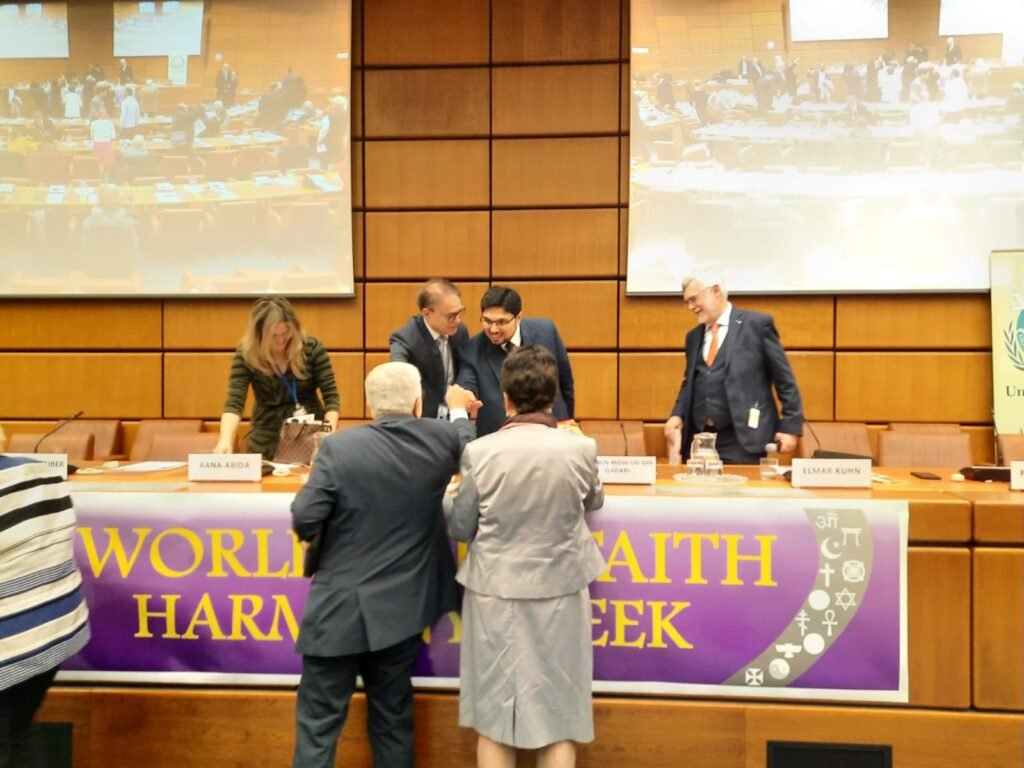




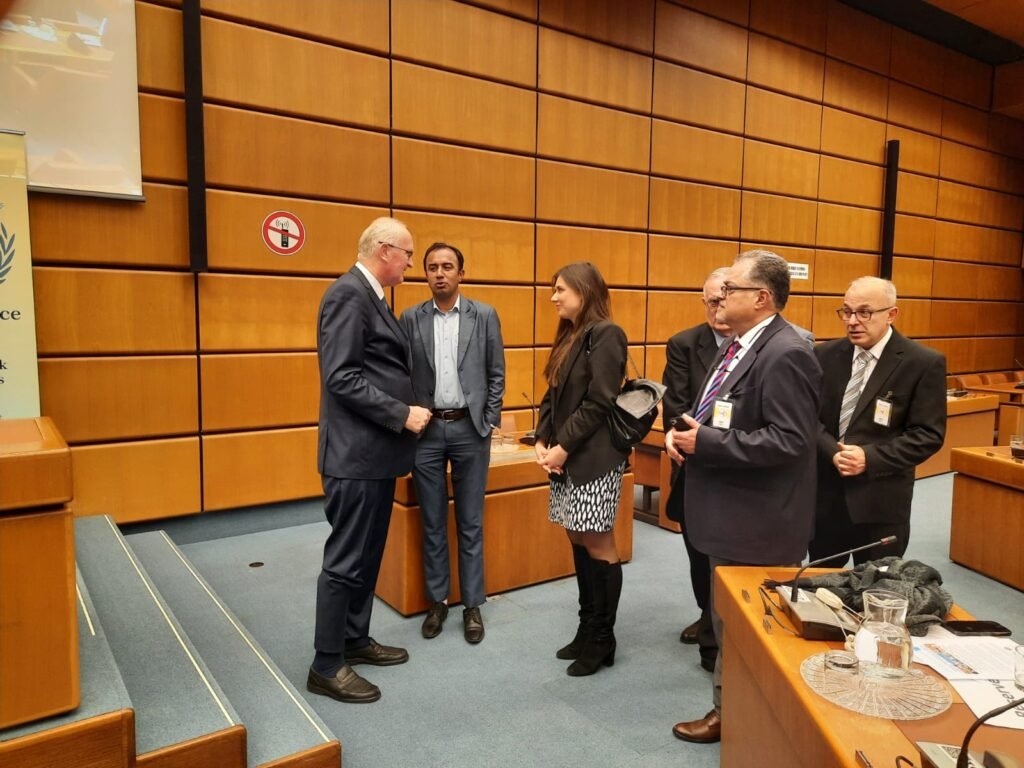


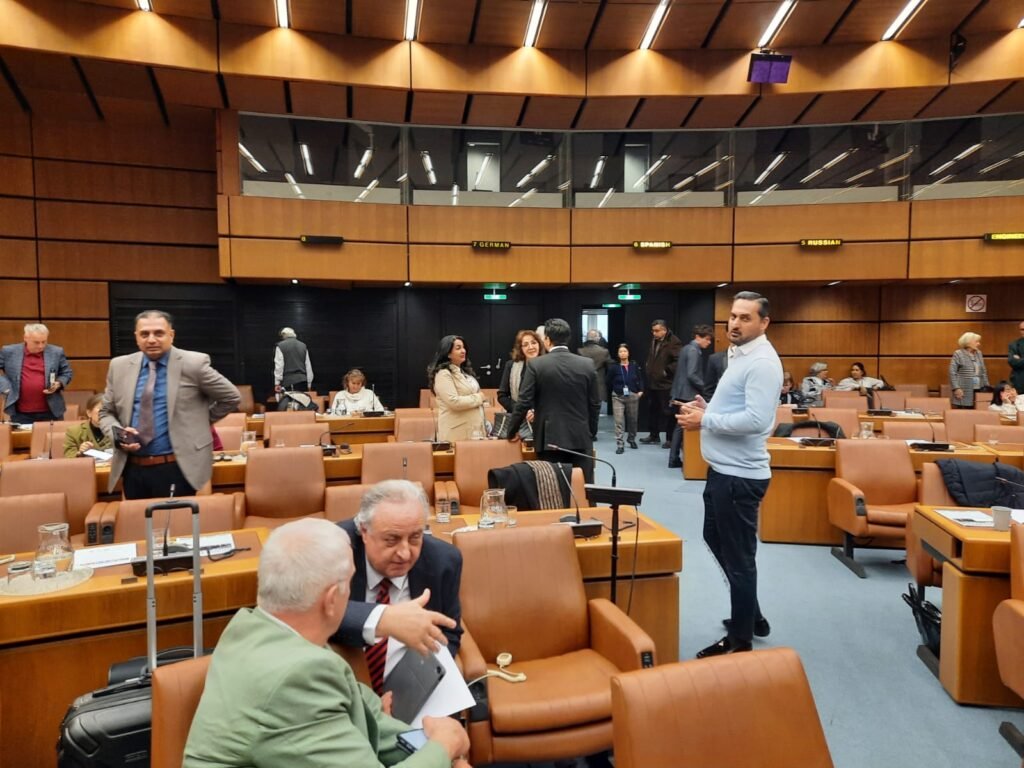

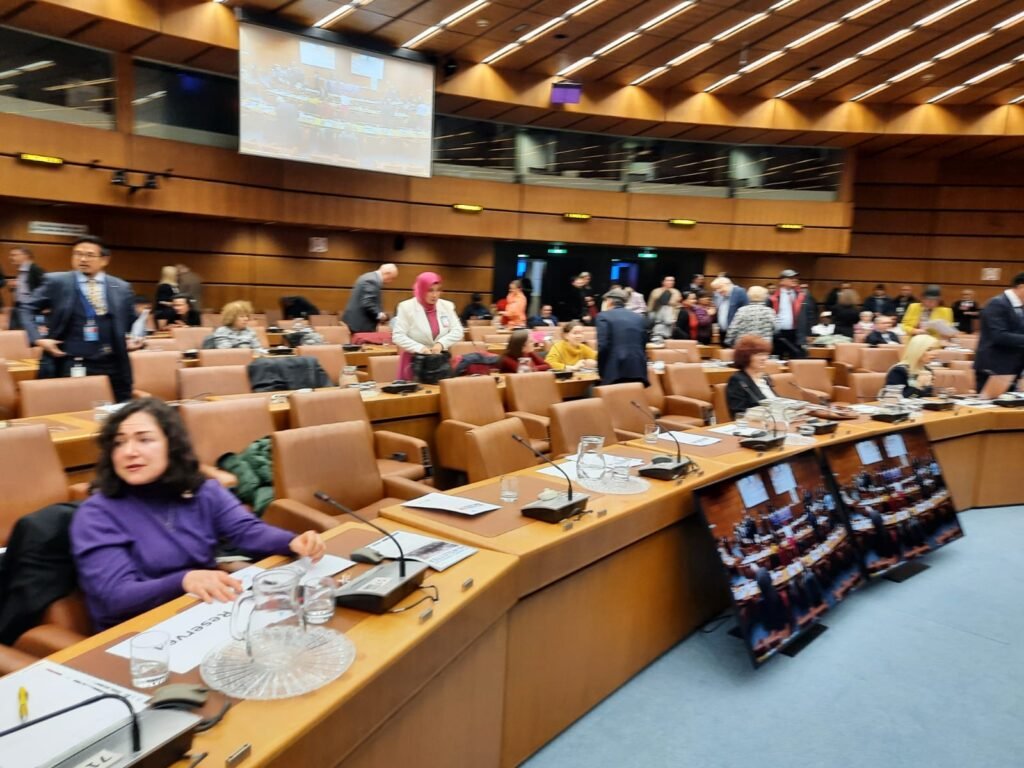
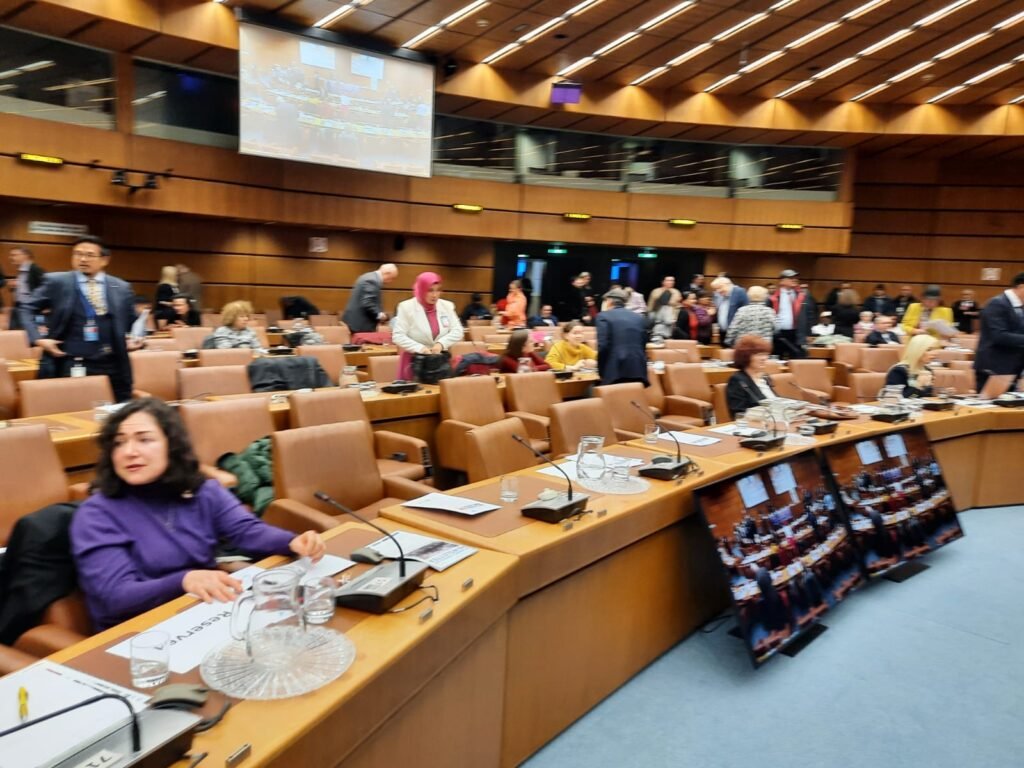

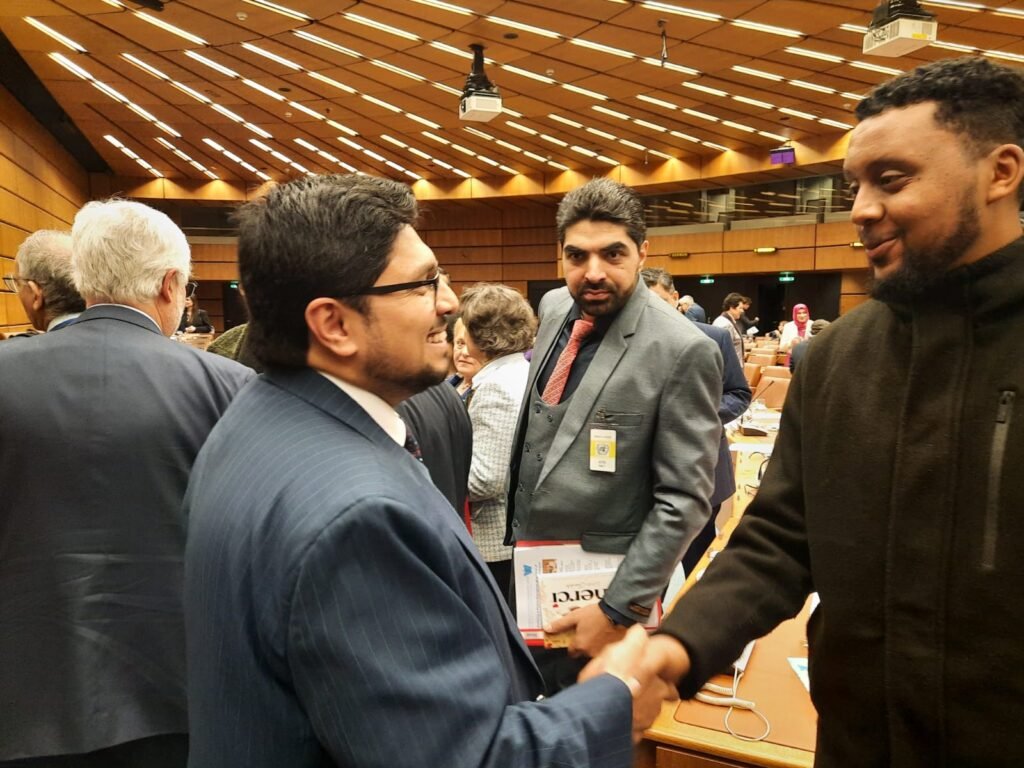
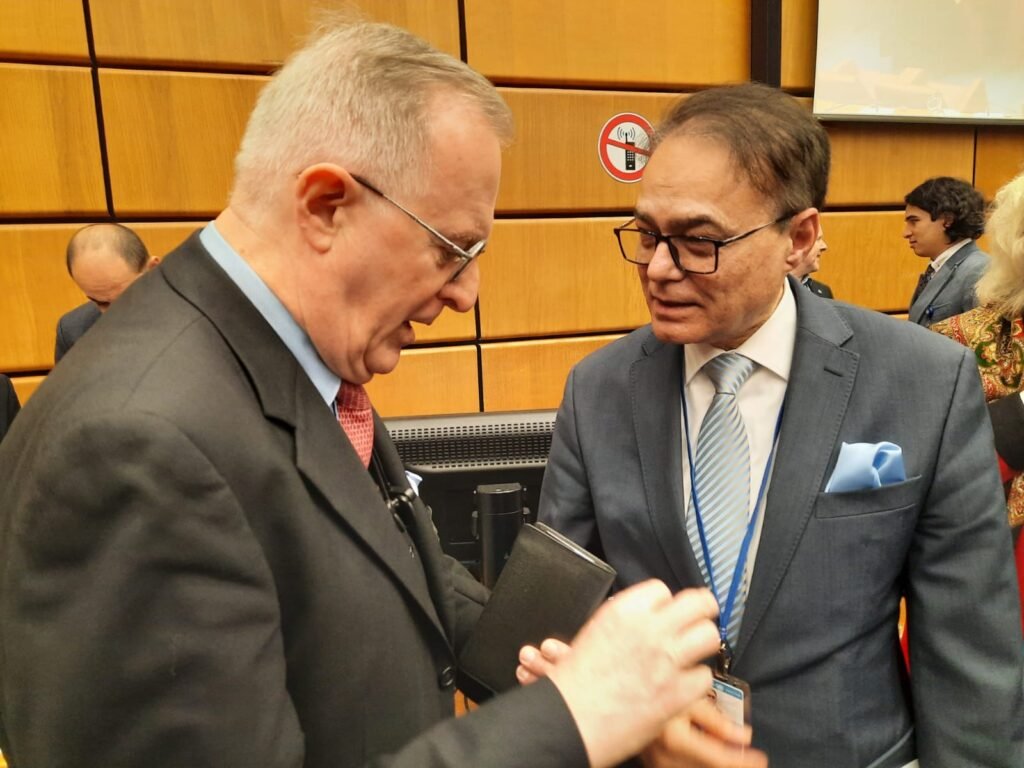
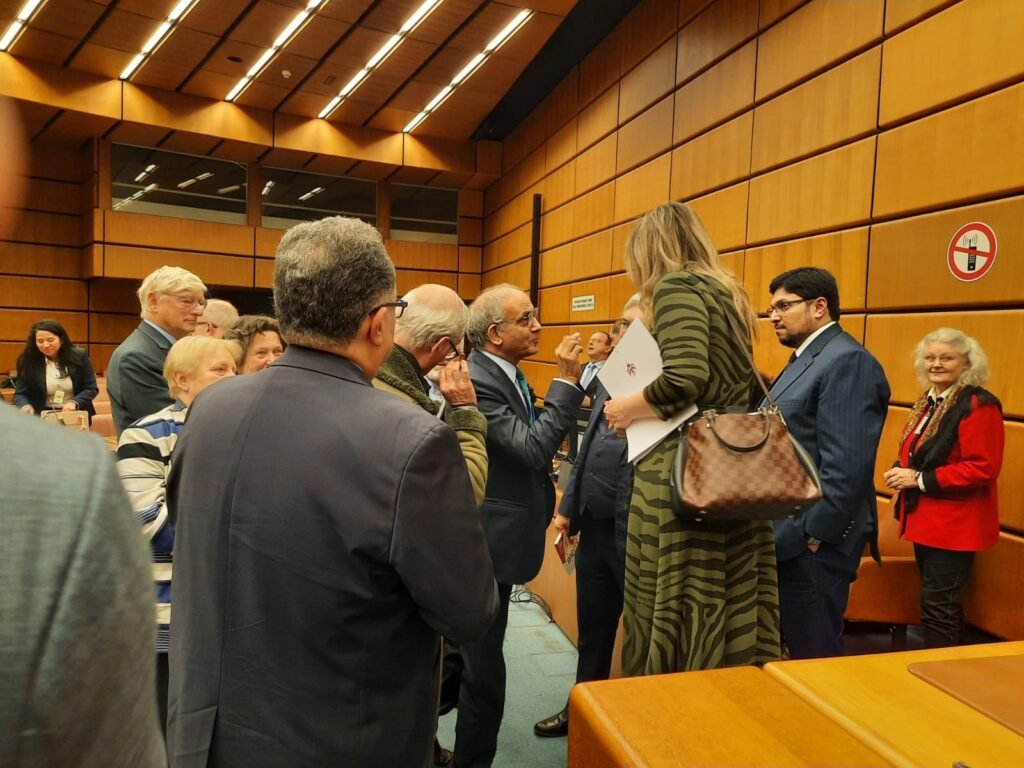

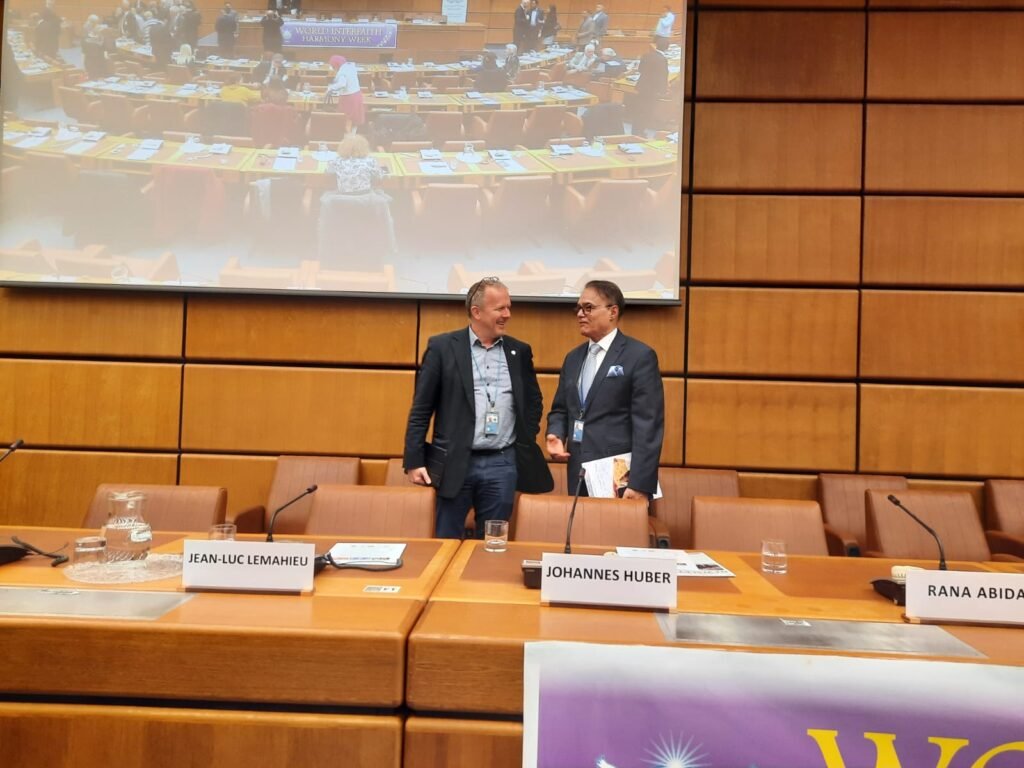


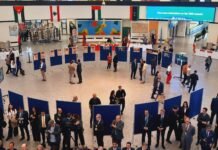
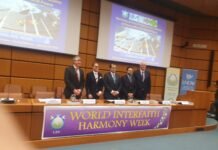
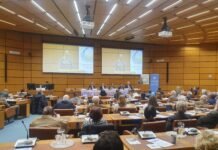

Congratulations!!
An amazing conferenz with most inspiring speaker coming from varous angles of live expperience!!